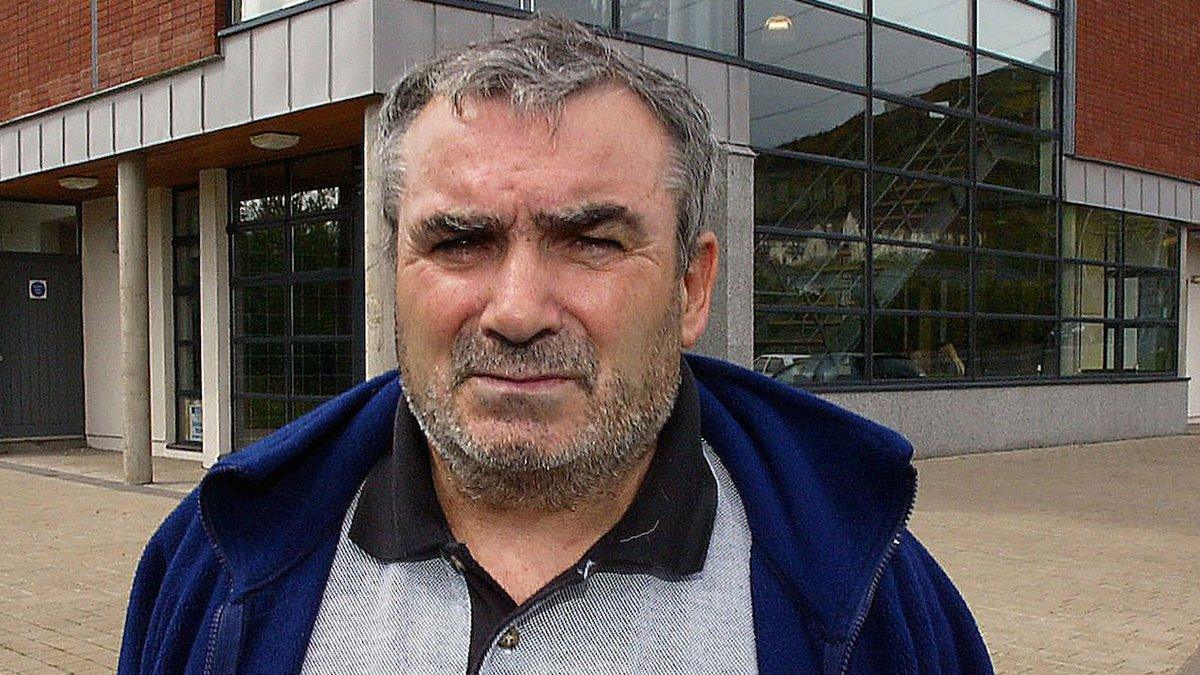Stakeknife: NI Secretary Chris Heaton-Harris doesn't rule out apology
- Published
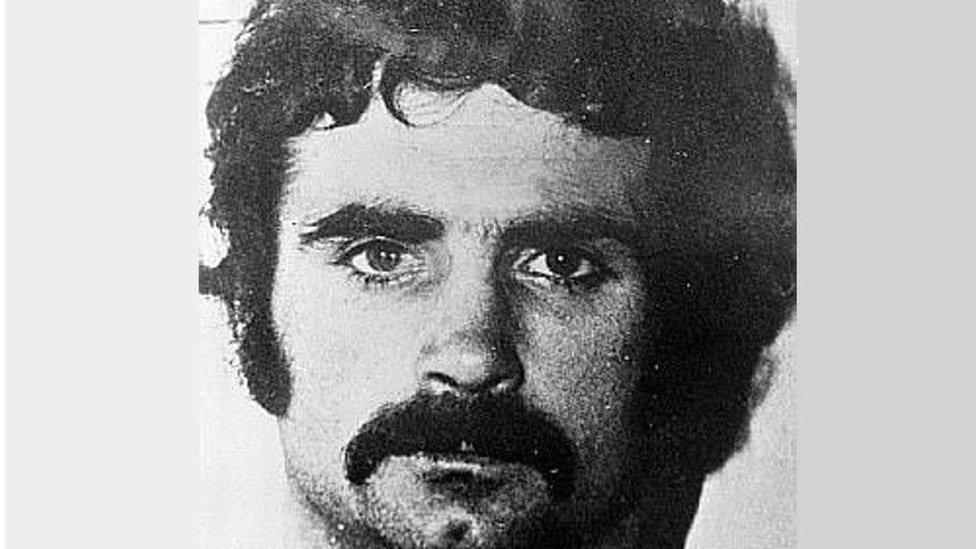
Belfast IRA man Freddie Scappaticci was the agent known as Stakeknife
The secretary of state hasn't ruled out an apology for the murders linked to the Army spy known as Stakeknife.
He said the UK government had sympathy for the families but was not in a position to apologise for legal reasons.
Operation Kenova found the spy cost more lives than he saved during the Troubles.
The Public Prosecution Service (PPS) defended itself against failures to bring charges in the investigation.
The Northern Ireland PPS deputy director Michael Agnew said there were "challenges" with the evidence submitted.
This included intelligence records which the PPS has previously said could not be used in court.
The Secretary of State said the government would wait for the final report before considering an apology
Speaking in Washington to BBC News NI ahead of the St Patrick's Day festivities, Secretary of State Chris Heaton-Harris said the report was a "hard read" for everybody.
But he said the government would wait for the full report to be published.
He did not rule out an apology at the end of that process and he pointed to examples of when the government apologised in the past.
Compelling evidence - Boutcher
In total, 32 suspects were reported for potential prosecution, including retired military personnel and people alleged to have been IRA members.
Chief among them was Freddie Scappaticci, whom the army recruited as an agent within the IRA unit which was responsible for killing suspected informers.
Speaking at the launch of the Operation Kenova report last Friday, Jon Boutcher, who led the investigation before he was appointed chief constable of the Police Service of Northern Ireland, said "very compelling evidence" had been provided to the PPS, including DNA material.
He added: "Freddie Scappaticci should have been prosecuted and he was not.
"In my view that is something that certain victims, forever, will be regretful about."
Evaluation of the evidence against Mr Scappaticci was at a very advanced stage when he died in England in 2023.
Mr Agnew said there were "a range of evidential challenges", but added it would be "inappropriate" to elaborate further in the case of Mr Scappaticci.
The PPS had been dealing with the Kenova files for several years before issuing decisions in respect of the other suspects.
Mr Agnew added: "I would like to have taken decisions in all of these cases more quickly.
"That is no criticism of the lawyers who were working on the case.
"I do not wish to underestimate the significance of this case, but the reality is we have a small team within our specialist casework division who have a very large range of competing pressures."
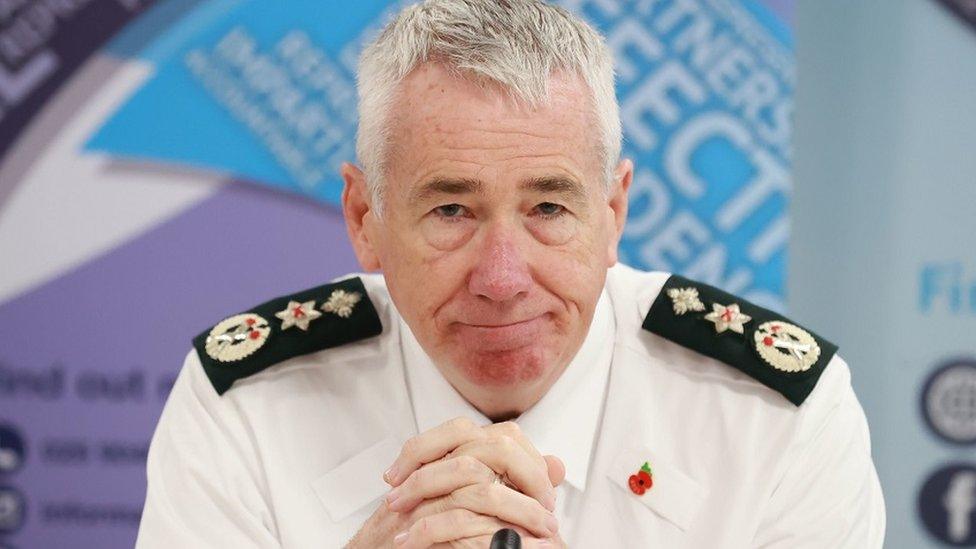
Jon Boutcher led the Operation Kenova investigation before he was appointed chief constable of the Police Service of Northern Ireland
Asked if he felt the PPS had been criticised unfairly, he said: "It is not unexpected when we take decisions in such high profile cases that people are going to be disappointed.
"Criticism is somewhat to be expected, but we take our decisions with complete independence.
"It is up to the investigator to gather the evidence and then we will bring our objectivity and professionalism to whether or not prosecutions can be brought."
A number of victims' families have requested the PPS formally review the no-prosecution decisions.
It is likely that if they are not reversed, a legal challenge will be brought.
- Published8 March 2024
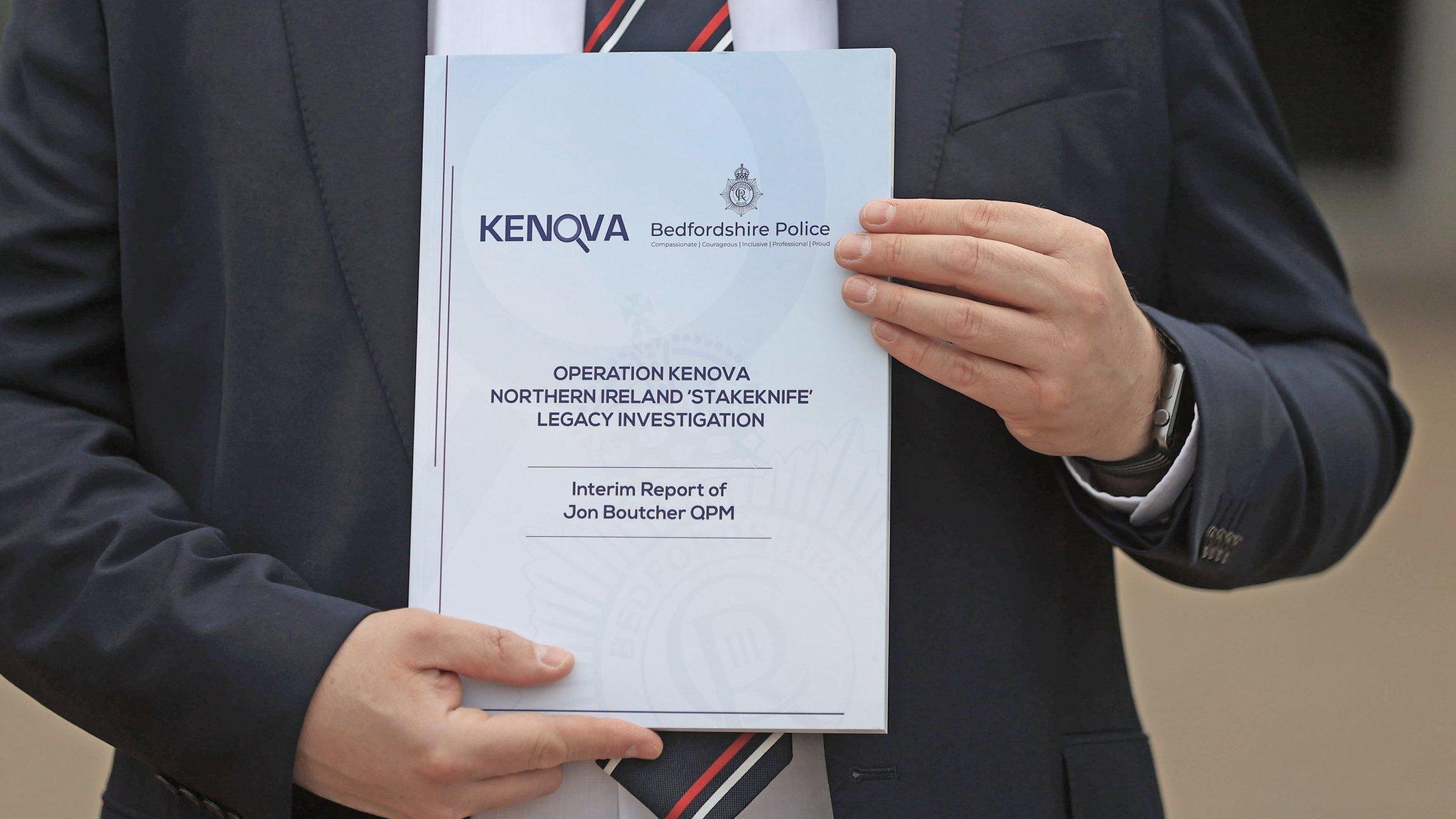
- Published8 March 2024

- Published8 March 2024
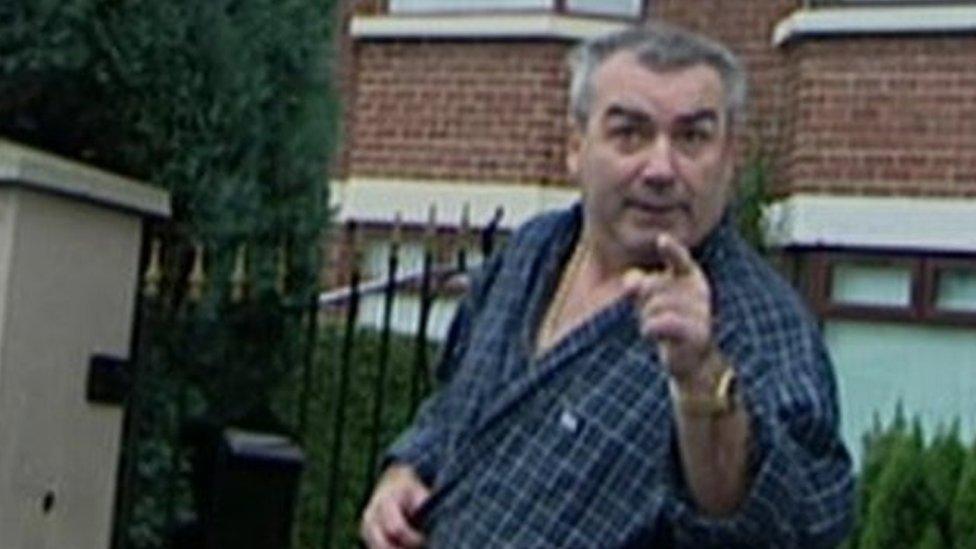
- Published7 March 2024
